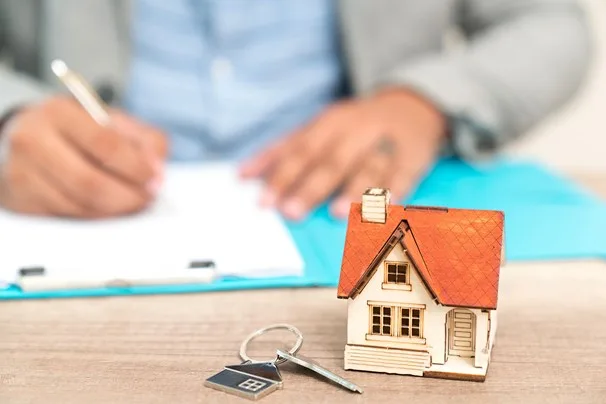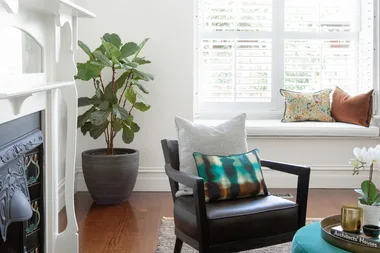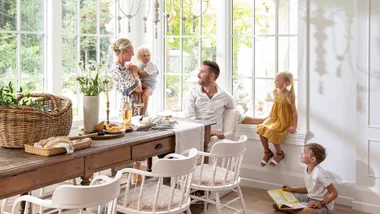Buying your first home can be a daunting experience.
From the initial slug of saving for a deposit, to learning about all the associated costs and commitments you need to be prepared for, home ownership is a decision not to be taken lightly. So how do you know if you’re ready for home ownership? There’s a few tell-tale signs that indicate you may be ready to invest in one of the biggest assets you’ll ever have.
1. You saved the deposit
This is a bit of an obvious sign, but having the deposit saved and ready to go means you’ve already done the hardest part – saving up enough to put down a deposit! You’ll probably require a loan from a bank or financial institution to buy your home, and they will require a 15 to 20 per cent cash deposit of the value of your intended property. Don’t forget the extra costs such as solicitors, administrative fees, etc.
2. You have a good rental history
While not essential, having a good rental history proves to lenders that you can pay rent regularly and on time with no worries, similar to a mortgage.

3. You have a permanent job
Having a permanent job that you feel comfortable in and that pays you well enough to cover all the costs associated with home ownership – as well as your everyday living essentials – is key to living within your means while paying off a mortgage without experiencing hardship. A history of full-time employment is the first thing financial institutions look for when approving loans. While being self-employed won’t rule you out, you will have to provide more history about what you earn when you apply for a home loan.
4. You have a good credit rating
When applying for a home loan the lender will look at your credit rating to determine if you’re eligible for it. Your credit history will show the lender any previous loans you have or have applied for, how many bank accounts and credit cards you hold, your debt and other financial flags. You’ll need a good rating to be approved, so double check where your rating is at before applying so you can follow up with any issues that may appear in it. Try the credit rating checks that are now available for free online.
5. You know the market and what you can afford
Understanding the area you want to buy in and how the real estate market is progressing on a wider scale is essential when looking to purchase a property. You should be paying attention to current sale prices versus asking prices, because these can fluctuate, and whether there are more buyers than sellers at the current moment. Further to this, you should have a good understanding of what you can afford. Your monthly mortgage repayments should be less than or equal to 25 to 30 per cent of your monthly income.
This article originally appeared on Better Homes and Gardens.
You might also like:
Property prices continue to fall in Sydney and Melbourne
Australia’s top suburbs for families and singles revealed
 Getty images
Getty images






